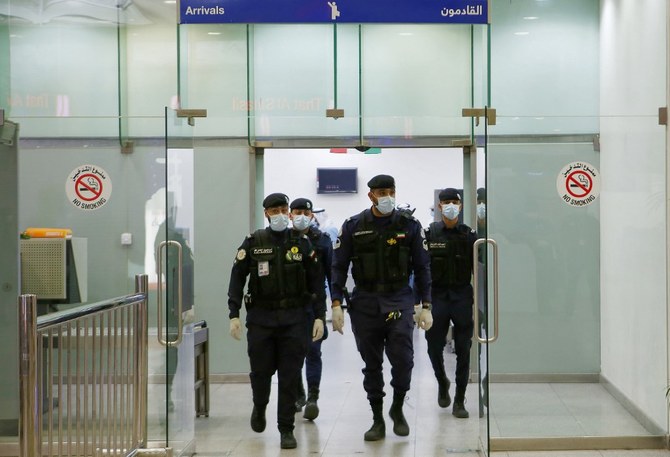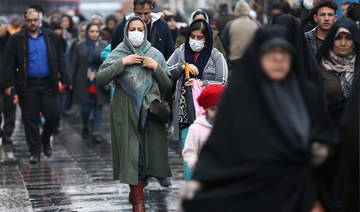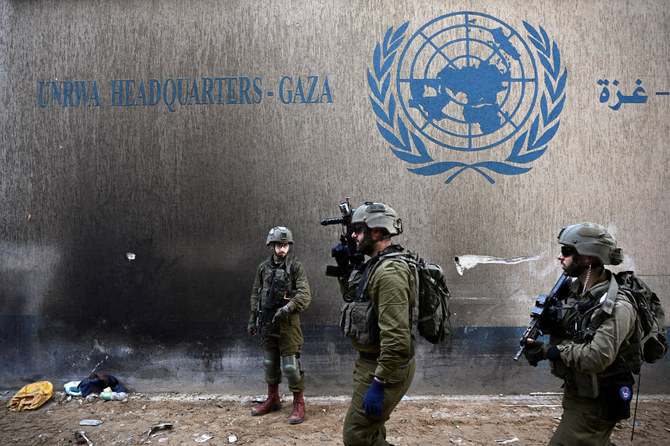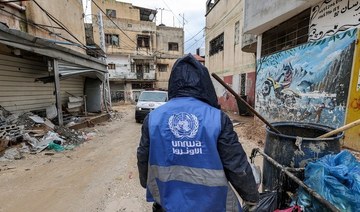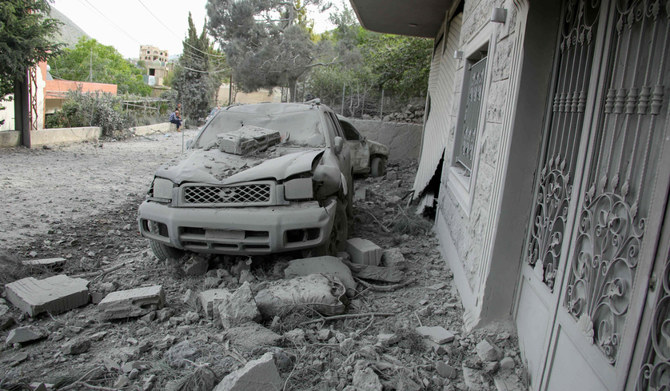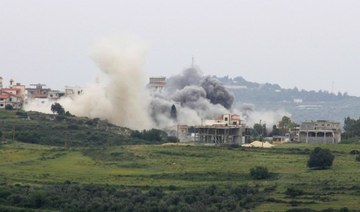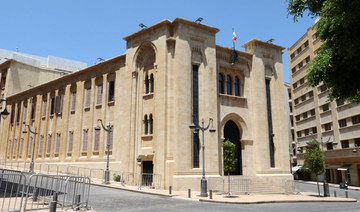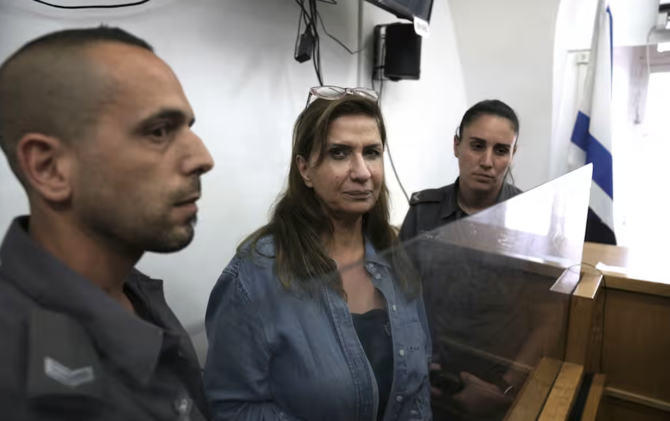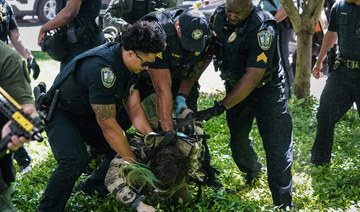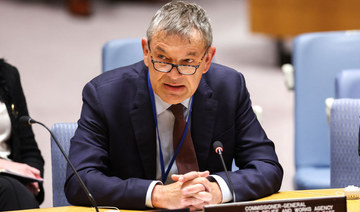DUBAI: As Saudi Arabia and Jordan become the latest additions to report coronavirus cases, countries across the Middle East were on high alert as the disease continues to spread around the world.
Governments have asked people to follow precautionary measures to help prevent the spread of the virus, including avoiding crowded public spaces.
Live updates below. (All times GMT)
-----
20:30 - The US death toll from coronavirus rose to nine on Tuesday, all in the state of Washington and many of them residents of the same nursing home, officials said.
All of the deaths have been in the state. Nationwide, there are more than 100 confirmed cases, on both coasts and in the Midwest.
17:45 - The UAE announced a further six cases of the virus on Tuesday.
16:30 - Iranian doctors and nurses lack supplies of respirators, ventilators, and the needs in the Islamic Republic are "more acute" than for other countries, the World Health Organization's Mike Ryan said during a press conference on Tuesday.
15:30 - Bahrain’s Ministry of Health said all those infected with the virus in the country were now in a stable condition.
They also said a dedicated specialist team was formed to deal with the coronavirus outbreak before the first case was registered.

A team of doctors and nurses prepare themselves before heading out to their designated residential areas to check on residents who returned from Iran if anyone is infected with the novel coronavirus, at Isa Town Health Center, south of Manama. (Reuters)
14:00 - Kuwait asks passengers from 10 countries including India, Turkey and Egypt to provide embassy-approved certificates saying they are free from coronavirus, according to a statement.
13:40 - According to the Saudi Press Agency, the Kingdom has barred citizens and residents of Gulf Cooperation Council (GCC) countries from entering Saudi Arabia for 14 days after returning from outside the region due to coronavirus concerns.
13:20 - Oman announced six new infections with the virus.
12:55 - The number of confirmed coronavirus cases in the UK has risen to 51, health minister Matt Hancock said on Tuesday, up from 39 the previous day.
Earlier, the government unveiled its "battle plan" to tackle the spread of coronavirus, warning that as many as a fifth of employees could be off work at the peak of the outbreak.

Britain's Prime Minister Boris Johnson holds a press conference to brief the media on the government's coronavirus action plan, at Downing Street in London, Tuesday, March 3, 2020. Johnson is announcing plans for combating the spread of the new COVID-19 coronavirus in UK. (AP)
12:45 – Saudi Ministry of Health official says the one person with coronavirus in the Kingdom is in a stable condition and being monitored. A further 70 people have been quarantined and are being checked.
The health official says additional precautionary measures have been taken at border entry points for people coming from countries affected by the disease.
12:10 - The head of Iran’s emergency medical services was diagnosed with coronavirus.
11:20 – Iranian state TV has reported that a lawmaker has called on colleagues to stop contact with the public after cases of coronavirus among MPs rose to 23.
10:55 – Iran announced the increase in the number of cases of coronavirus to 2,336 cases and deaths to 77.
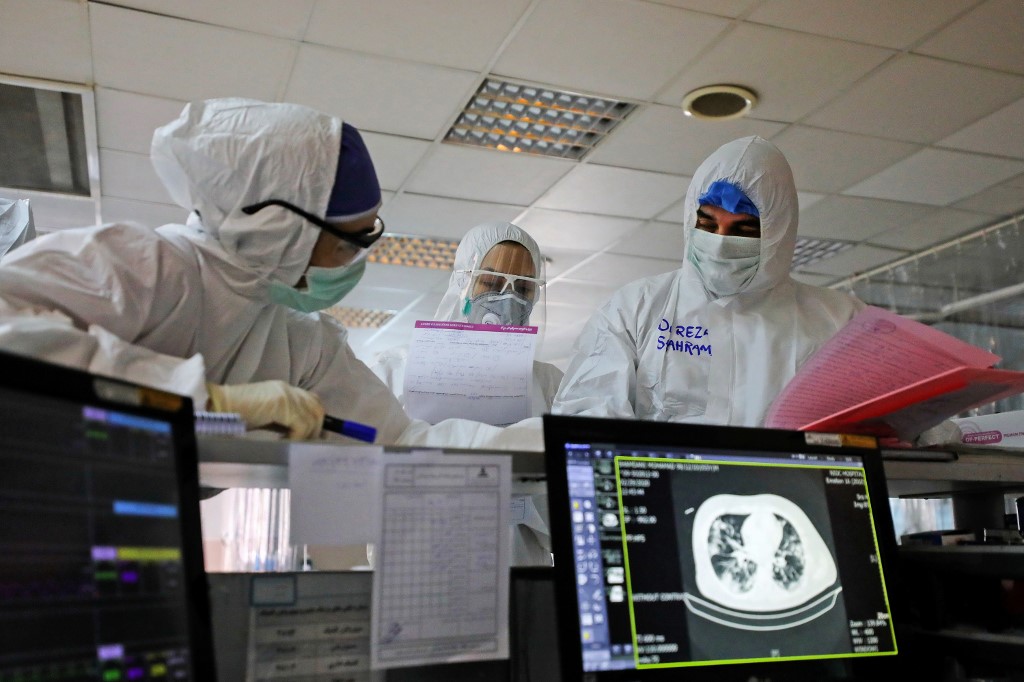
Iranian medical personnel, wearing protective gear, work at the quarantine ward of a hospital in Tehran on March 1, 2020. (Mizan News Agency/AFP)
10:00 – Qatari health officials said they have registered a new coronavirus infection, bringing the number of cases to 8.
09:50 - Qatar said that it is cancelling the Doha International Maritime Defense Exhibition due to coronavirus. It was cancelled after consultations with public health officials and the government, according to a statement on its website.
09:15 - Ukraine health official says coronavirus found in a man who travelled from Italy to Ukraine via Romania.
09:00 - Number of total confirmed coronavirus cases in Germany rises to 188.
07:35 - Major concerts and events in the United Arab Emirates have been cancelled or postponed as the coronavirus spreads in the Gulf. This includes the March 5-6 electronic music Ultra festival at Abu Dhabi’s 25,000-capacity Du arena, and the March 21 K-pop concert Music Bank at Dubai’s 17,000-capacity Coca Cola Arena.
[Notice] Postponement of Music Bank in Dubai
We sincerely apologize for not keeping the promise of the concert.
We hope that the COVID-19 crisis will end quickly and sincerely wish you all good health.
Thank you.
https://t.co/05Mt6ZwyQQ pic.twitter.com/epCDOaTYh0
— MAKESTAR 메이크스타 (@Makestarcorp) March 3, 2020
07:15 - Kuwait’s health ministry said there were no new cases of coronavirus in the past 24 hours.
06:35 - Bahrain’s Ministry of Health announced that 12 individuals have been given the green light to leave quarantine after completing a preventative mandatory 14-day stay, having tested negative for the coronavirus.
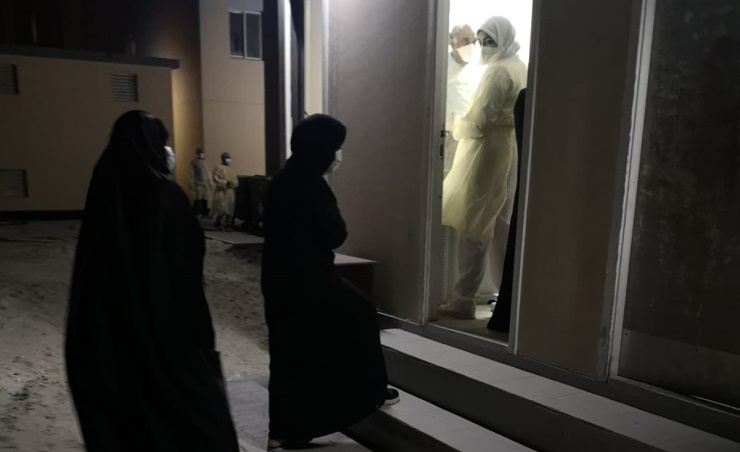
Bahrain’s health ministry said that the measures taken in all quarantine centers are in line with established guidelines set out by the World Health Organization. (Bahrain News Agency)
06:25 - Italian media reports that Pope Francis has tested negative for coronavirus.



